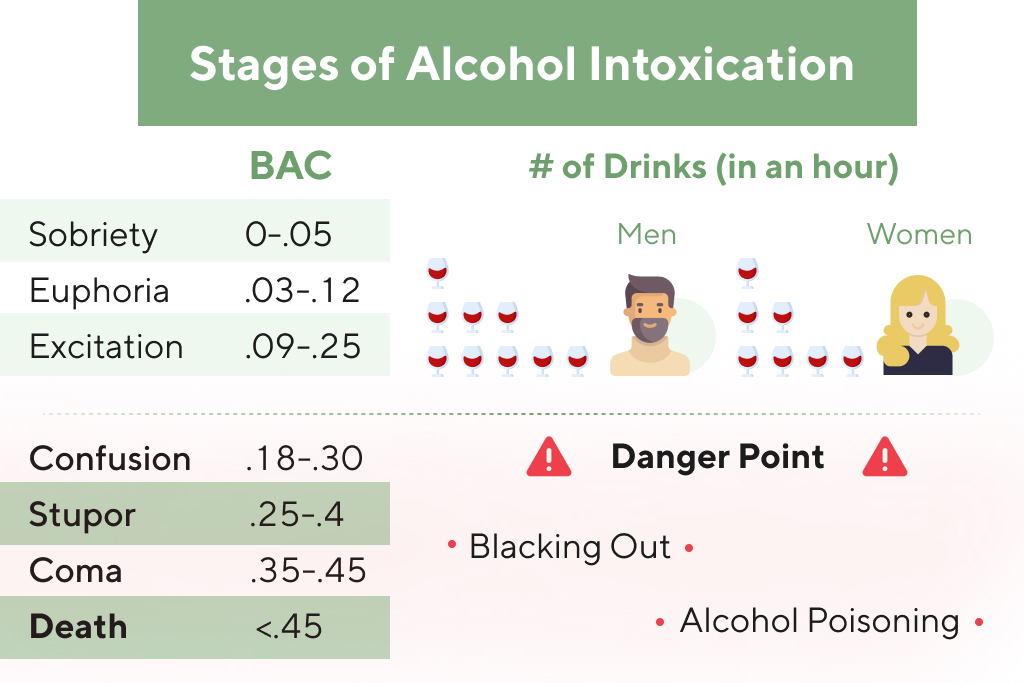Sobriety A Comprehensive Guide to Staying Sober
It’s essential to recognize that these feelings are temporary and will pass. One common mistake for those who are new to alcohol and drug recovery is substituting a new compulsive behavior for their old one. People new to recovery can find themselves approaching their new diet, exercise program, job, and even http://modnaya.ru/shop/aliexpress/2003-1/200000532/200000663/Costumes-Accessories.htm participation in support groups with a compulsion that echoes addiction.
What are the Benefits of Maintaining Lifelong Sobriety?
Living sober requires identifying triggers that could cause a relapse. Often when people relapse, they’ve attempted to quit using on their own, and then they later seek out a sober community for support or treatment. With improved energy and motivation, you may find yourself starting to exercise and taking better care of yourself. In social situations where people are drinking, you might feel more comfortable with a drink in your hand. Other people won’t be able to tell the difference just by looking at your glass.
JOIN OUR ONLINE COMMUNITY
It’s an opportunity to grow into your bones, and every single crap thing that happens to you on the way only makes you stronger. So now I’m sober, and I have zero choice but to be me in all situations. https://wozap.net/foto-prikoly-interesnoe/321-diety-znamenitostey-v-natyurmortah-dan-bannino.html If people press that response, I’ll either stare at them and hold an uncomfortable silence (this is enjoyable at some point), or just change the subject. There are exceptions to this, like if someone alludes to their own struggle with alcohol, and then I might offer up a bit more of my personal experience.
Redefining Sobriety: The Rise of the California Sober Lifestyle
Some ways to do this include setting goals, finding a passion or hobby, volunteering, and building meaningful relationships with others. Recovery is a journey; focusing on progress is important, not perfection. Common challenges people face when trying to live sober include social pressure to drink or use drugs, boredom, loneliness, and dealing with negative emotions. Be aware of these challenges and have strategies in place to cope with them. You can start by attending support group meetings, reaching out to friends and family who are supportive of your recovery, and finding a sponsor or mentor who can offer guidance and accountability.
If left unchecked, anger can have a negative impact on your health and your lasting sobriety. Now that you are sober, you may have discovered that some of your past relationships were not only unhealthy but downright toxic. It’s not just your drinking buddies and drug dealers who can get you into trouble—sometimes those who are closest to you can contribute to a relapse.

Health
- Remember to set achievable goals that can help you build confidence in your ability to overcome your addiction.
- Some have a history of alcohol abuse and have been to treatment centers or tried other treatment options.
- Breaking promises or exhibiting aggressive behaviors damages relationships and breaks trust.
Establishing a routine with regular sleep and support group attendance can reduce stress and help you stay sober. There are common setbacks to getting and staying sober like withdrawal, craving, and pressure to use. Setbacks don’t erase progress, though, and they don’t mean you’ve “failed” to stay sober. Managing stress and anxiety without turning to substances is crucial for maintaining sobriety.

- The commitment to long-term sobriety delivers life-long benefits and makes the journey worth it.
- Appreciate every milestone and every month spent without using and find joy in the journey.
- Everyone has their own reasons for cutting down on alcohol consumption.
- This process of self-discovery can lead to increased self-esteem and a deeper sense of purpose in life.
- It’s crucial to understand that getting sober is a process that takes time and effort to achieve long-term recovery.
Here are some surprising (and not-so-surprising) occurrences that will inevitably happen to your relationships, your identity, even your free time, and how I’ve https://makirinka.net/reasons-you-require-hair-cleanser-for-a-follicle-drug-test.html learned to deal with each one. It’s been over six years since I first started seriously questioning my relationship with alcohol and considered a life without it. That’s six hard, beautiful, glorious years during which I not only stopped drinking, but also finally moved on from all recreational drugs as well as a history of bulimia.

Social groups change, habits are rewritten, and your brain and body are rewiring old coping mechanisms. Sobriety isn’t accomplished all at once, and reaching new checkpoints, setting new goals, and seeing success in motion are all part of the transformative process. Avoiding alcohol has been shown to lead to an increase in overall happiness despite the challenges of sobriety. After three weeks without drinking, the body has already started to heal. Sobriety is stressful, with struggles that must be addressed and overcome.
